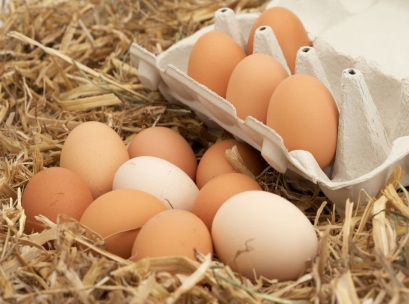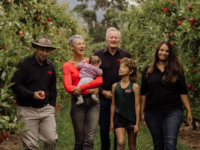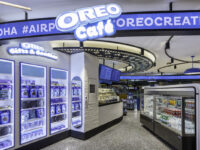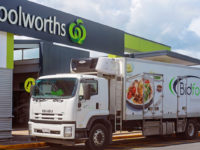 The world’s first no-kill eggs have hit shelves in Berlin after a scientific breakthrough that could put a halt to the culling of live male chicks.
The world’s first no-kill eggs have hit shelves in Berlin after a scientific breakthrough that could put a halt to the culling of live male chicks.
Billions of male chicks are destroyed worldwide each year, because they serve no economic purpose. They don’t lay eggs and they don’t grow fast enough to justify the cost of feeding them up for meat.
The Guardian reported that the patented “Seleggt” process allows scientists to determine the sex of a chick days after an egg has been fertilised. Male eggs can then be processed into animal feed, leaving only female chicks to hatch.
“If you can determine the sex of a hatching egg you can entirely dispense with the culling of live male chicks,” Seleggt managing director Dr Ludger Breloh told The Guardian.
An estimated 4.6 billion male chicks are slaughtered each year. They are either suffocated or fed alive into high-speed grinders to turn them into reptile food. Seleggt hopes that the new solution will put an end to the practice in modern poultry farming.
“We all have the same goal, which is to end the culling of chicks in the supply chain. Of course, there’s competition, but it’s positive in that it keeps us all focused on that goal,” Breloh added.
Breloh led the four-year programme by German supermarket Rewe Group to make its own-brand eggs more sustainable.
He approached scientists at the University of Leipzig where Prof Almuth Einspanier had developed a chemical marker that could detect a hormone present in large quantities in female eggs. Mixed with fluid from fertilised eggs at nine days, the marker changes blue for a male and white for a female, with a 98.5 per cent accuracy rate.
Breloh then needed to find a way to make the test easy for everyday use in hatcheries. Dutch technology company HatchTech was then able to create an automated machine to conduct Einspanier’s test from beginning to end.
Rewe Group is rolling out the eggs across German stores this month and Seleggt plans to install the technology in independent hatcheries from 2020.
Seleggt will require supermarkets to pay a few extra cents on every box of eggs sold with the “respeggt” seal. The group hopes to expand the model across Europe in the future.















